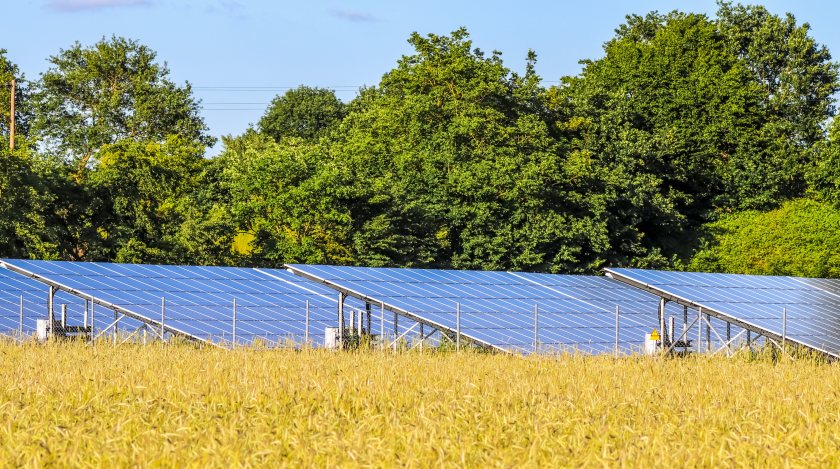Solar farm row deepens as farmers offered £50k to stay quiet

A developer behind plans for the UK’s largest solar farm has admitted a mistake after letters offering farmers up to £50,000 on condition they did not oppose the project were revealed by The Telegraph.
Island Green Power, which wants to build the Lime Down Solar Park near Chippenham in Wiltshire, sent letters to around 45 landowners linked to the scheme.
The company later confirmed that a clause requiring recipients not to object to planning applications — and to write to Energy Secretary Ed Miliband withdrawing any previous objections — “should not have been included” and promised to reissue corrected agreements.
The episode has caused uproar among local farmers and rural communities already concerned about the scale of the Lime Down scheme.
If approved, the development would cover more than 2,000 acres across five sites, with solar panels surrounding the village of Norton and affecting nearby communities including Alderton, Corston, Foxley, Grittleton, Hullavington, Rodbourne, Sherston and Malmesbury. A 14-mile underground cable route to the National Grid also forms part of the plan.
One farmer quoted by The Telegraph described the letters as leaving recipients feeling “threatened”, with an additional offer of £3,500 for those who signed quickly.
Richard Tanner, whose family has farmed Park Farm near Grittleton for over a century, said it was “sad” that developers were “playing hard ball” to advance their own interests at the expense of local people.
Wiltshire Council, although not the decision-maker, has already voted unanimously to oppose the scheme. Cllr Martin Smith, who represents Sherston, described the letters as “almost akin to bribery”, accusing the developer of trying to “trample over the democratic process and the people being affected.”
Residents have also voiced deep concerns about the scale of the proposals. Norton campaigner Anna-Kate Fuller told the paper: “It’s utterly devastating for locals. These are industrial power stations which will change the character of this landscape forever.”
The final decision will rest with Ed Miliband in his role as Secretary of State for Energy Security and Net Zero.
The controversy is the latest flashpoint in a growing debate over land use in Britain’s countryside. While solar power is a key part of the UK’s net zero strategy, farming groups have repeatedly warned that large-scale solar farms risk reducing the amount of land available for food production.
Industry bodies say the row highlights the need for balance between renewable energy development and protecting Britain’s capacity to grow its own food.








